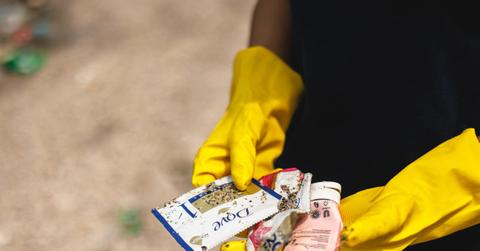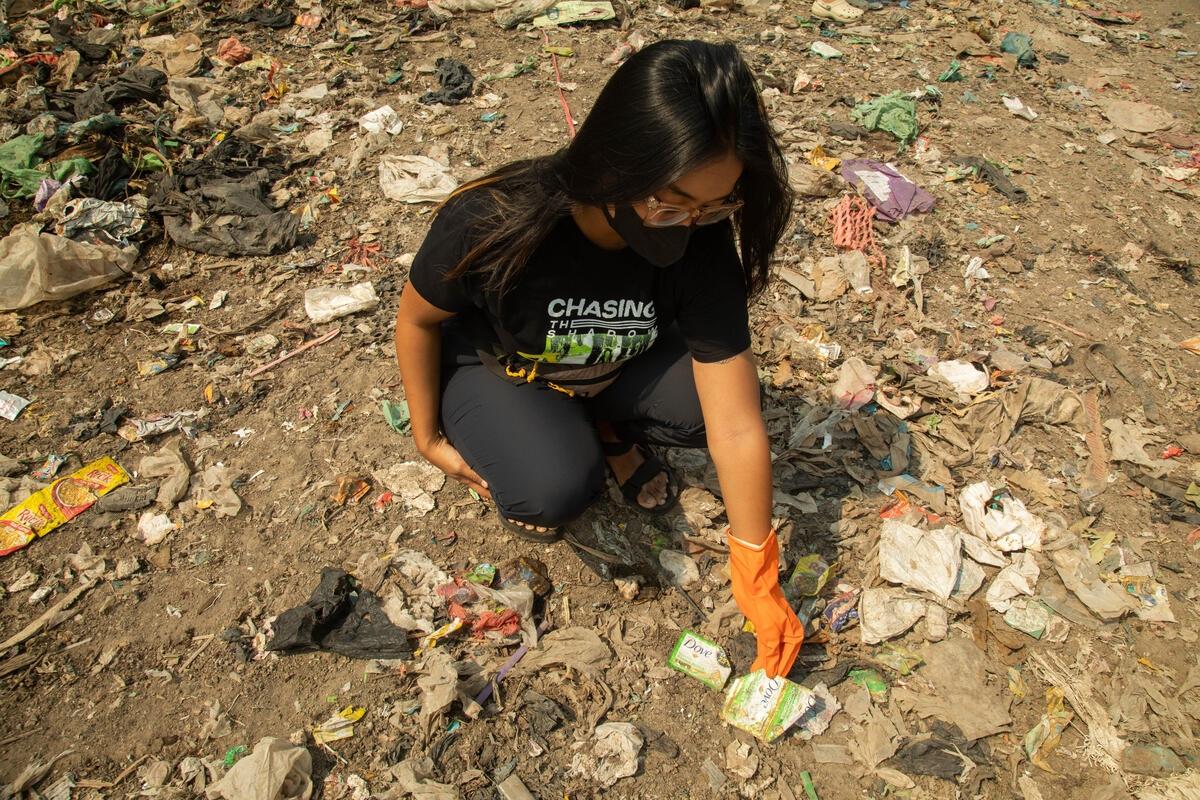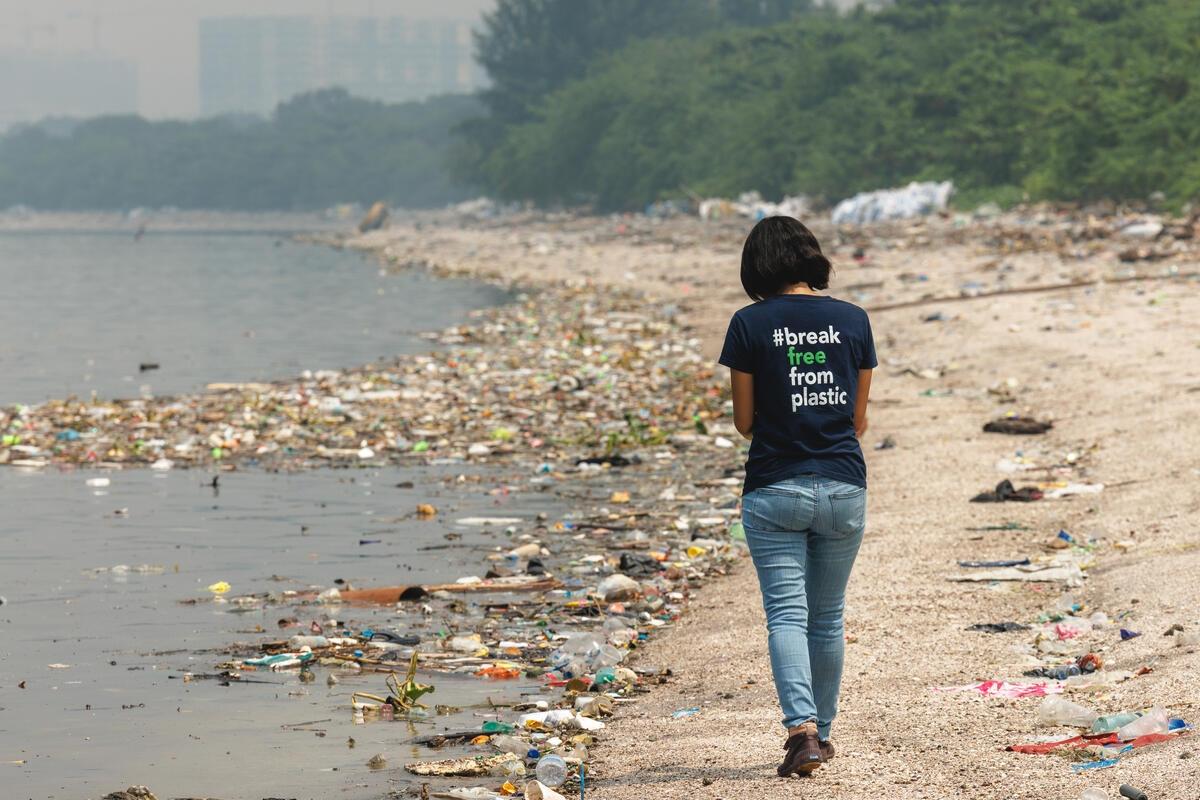Unilever Sells 1,700 Single-Use Product Pouches Every Second, Ignoring Plastic Reduction Pledge
Published Nov. 30 2023, 12:13 p.m. ET
According to a report by Greenpeace International, Unilever is not making good on pledges to reduce its dependency on single-use plastics in product packaging. Plastic pollution is choking beaches and harming wildlife, not to mention leaching into drinking water supply.
Even though Unilever has a lofty climate pledge claiming a commitment to "zero emissions in our operations by 2030 and net zero emissions across our value chain by 2039," it continues to manufacture billions of plastic sachets annually. Here are all the upsetting details from a 2023 Greenpeace report.
A Greenpeace report shows Unilever is a major offender in the plastic pollution crisis.
"Uncovered," a report published in November 2023 by Greenpeace International, shines a harsh light on Unilever's packaging, contradicting the corporation's claims to care about the climate crisis. Unilever sells brands like Dove, Vaseline, and even Seventh Generation, and according to the Greenpeace report, it sells 1,700 plastic sachets every second.
In addition to that staggering figure, Greenpeace reports that Unilever is on track to sell 53 billion of those plastic sachets in 2023. The sachets, tiny plastic packages that sell small quantities of personal care products like shampoo and lotion, aren't easily recyclable. They cause major pollution problems like clogged waterways and drains and increased flooding.
Dove is a particularly bad offender in the plastics crisis, per Greenpeace. Dove produced 6.4 billion plastic packets in 2022, or ten percent of Unilever's total sales of the sachets. Nina Schrank, Head of Plastics at Greenpeace UK, said of Unilever, "Their brands like Dove are famous for telling the world they're forces for good. But they're pumping out a staggering amount of plastic waste."
Unilever and Dove send mixed messages between what they say and do. According to The Guardian, in 2019, Unilever's outgoing head of nutrition, Hanneke Faber, called the multilayer plastic used for the sachets "evil" since it couldn't be recycled. The outlet also noted that Unilever explains its single-use plastics as helping lower-income people afford hygienic products.
Unilever's plastic pollution is out of control.
Not only is Unilever producing plastic pollution at shocking rates, but it is also doing so while on track to miss its environmental targets by years. According to Packaging Gateway, Greenpeace's report also shows Unilever had a goal of using less than 50 percent virgin plastic by 2025. It is on track to reaching that goal by 2034, nearly a decade later.
The Ellen McArthur Foundation's Global Commitment report showed in 2022 that just 0.1 percent of all Unilever plastic packaging could be recycled, per Packaging Gateway. Not only this, but Greenpeace also estimates that at current research rates into sustainable packaging, Unilever won't reach the point of 100 percent of its products being reusable until the year 3000.
Here's what Greenpeace urges Unilever to do to make good on their pledges. According to The Guardian, the company should support a global plastics treaty with a "legally binding target of cutting plastic production by at least 75% by 2040."
Individuals can take their own action by using plastic-free, reusable alternatives, like these zero-waste hair care items and zero-waste cleaning products.


